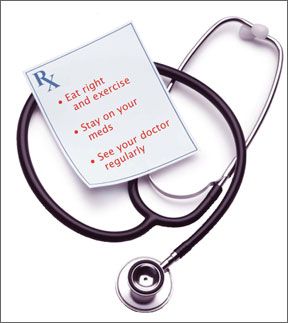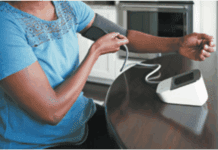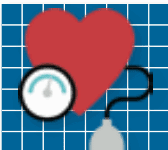High blood pressure, heart disease and a family history of cardiac events can conspire to raise your stroke risk, but recent research suggests that you can help protect yourself by following some rather simple advice. "There are a lot of different causes of stroke. Theyre not the same for everybody," says Javier Provencio, MD, of the Cleveland Clinic Cerebrovascular Center. "Exercise is good for you no matter what. And if you manage your cholesterol and your blood pressure and go to a doctor who does the appropriate labs, you should live longer without having a stroke." In simplest terms, a stroke is an interruption of blood flow to the brain. Most strokes result from blockage in an artery leading to the brain (ischemic stroke), while hemorrhagic strokes occur when a blood vessel bursts and blood seeps into brain tissue.
To continue reading this article or issue you must be a paid subscriber.
Sign in






